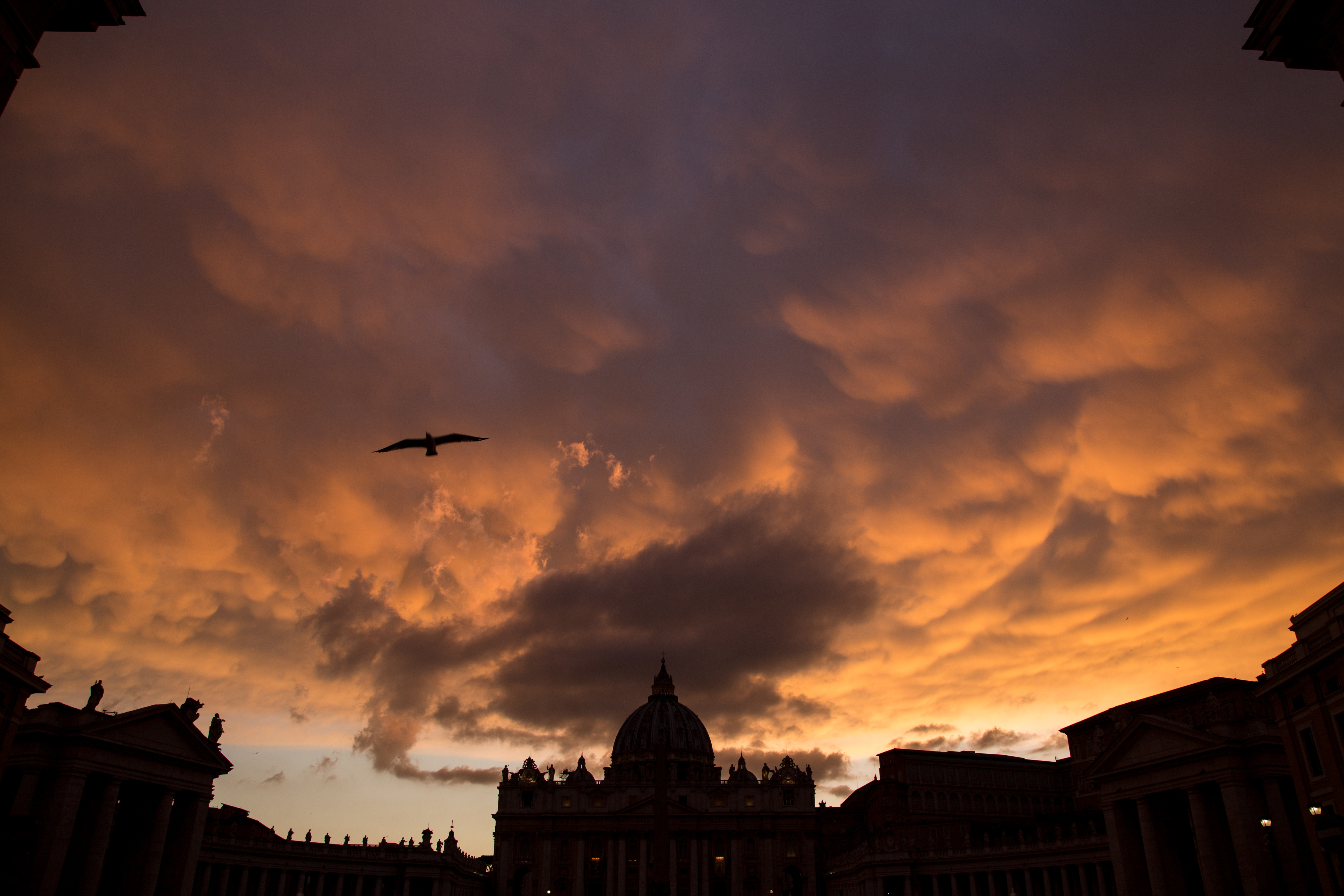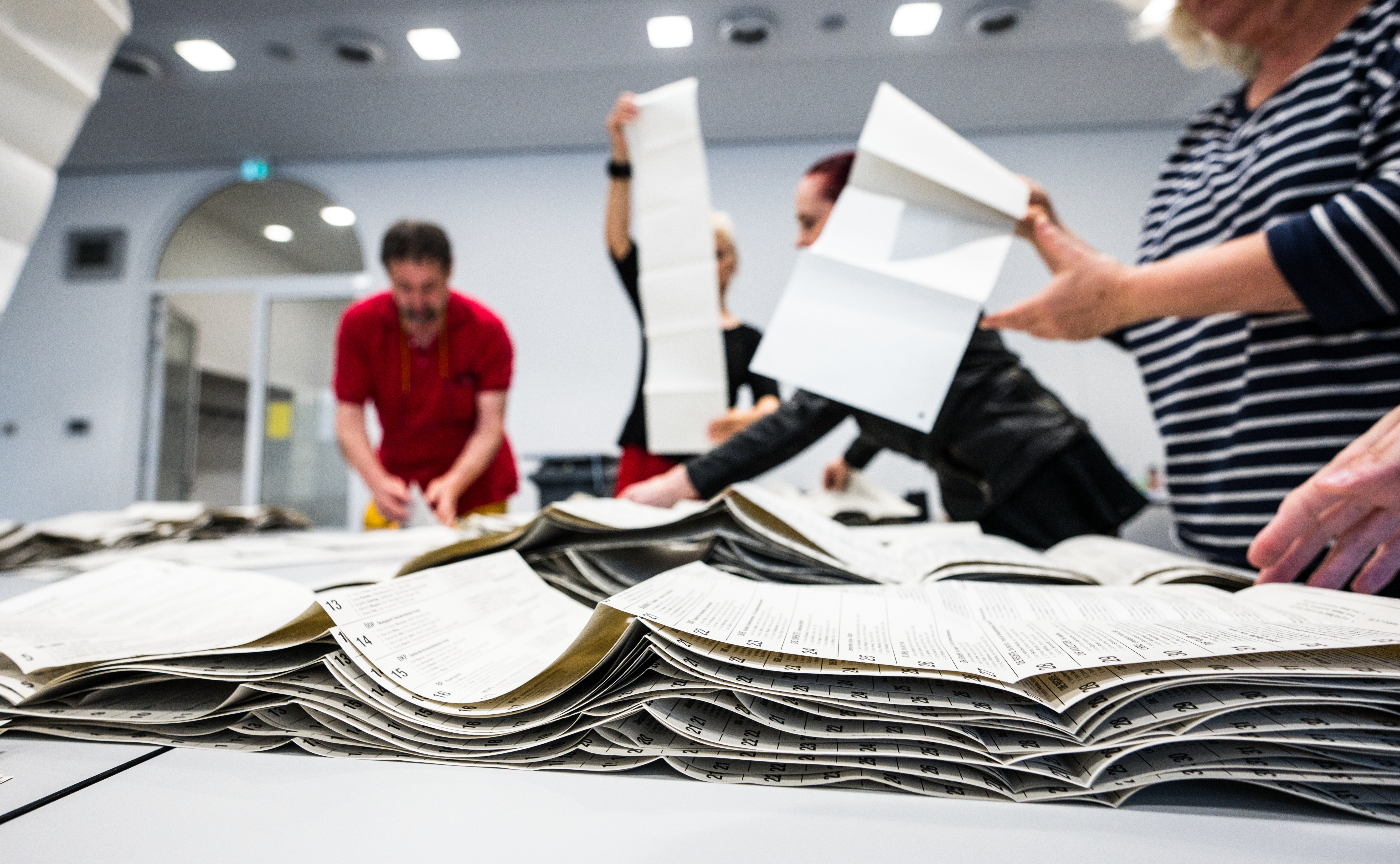Pro-European parties kept a grip on the EU parliament on Monday as liberal and green parties matched a surge by eurosceptic parties, who won control of a quarter of seats in European elections for the first time. Right wing and nationalist parties in Italy, Britain, France and Poland came out on top in their national votes on Sunday.
Turnout in the world's second-biggest election rose to 51 per cent from 43 per cent in 2014, its highest in 20 years and the first reverse of falling participation since the first direct EU vote in 1979.
The high turnout was one of the “encouraging” signs noted by Archbishop Jean-Claude Hollerich of Luxembourg, the current President of COMECE, the Commission of the Bishops’ Conferences of the European Union. “That is a very positive sign,” he told Vatican News. “People see the importance of European politics, and they take their responsibility in going to elections.”
Archbishop Hollerich also stressed the need for dialogue, now that two parties alone will not be able to advance legislation. “We need dialogue in politics,” the Archbishop said. But he appealed to politicians, saying, “When you do this dialogue, do not just come with party politics, but look to the needs of the concrete citizens in Europe. And do politics for the people in Europe.”
The success of “green” parties that focus on ecological concerns was also noteworthy, Archbishop Hollerich said. “That’s also very positive, because it will show all the other parties that you have to take up these ecological themes if you want to be still present in the world of tomorrow.”
Pointing to Pope Francis’ encyclical Laudato sí’, Hollerich said, “I think it’s very important for the Catholic Church to have this integral ecology also at the heart of European politics in the future.”
Archbishop Hollerich said we needed to be cautious about what will happen next. “We shall see what will happen. Because we do not know much yet. We know the result of the elections. We first have to see if the groups remain as they are now. Will there be new groups? Will the balance between the groups change? We will see,” he said.



 Loading ...
Loading ...